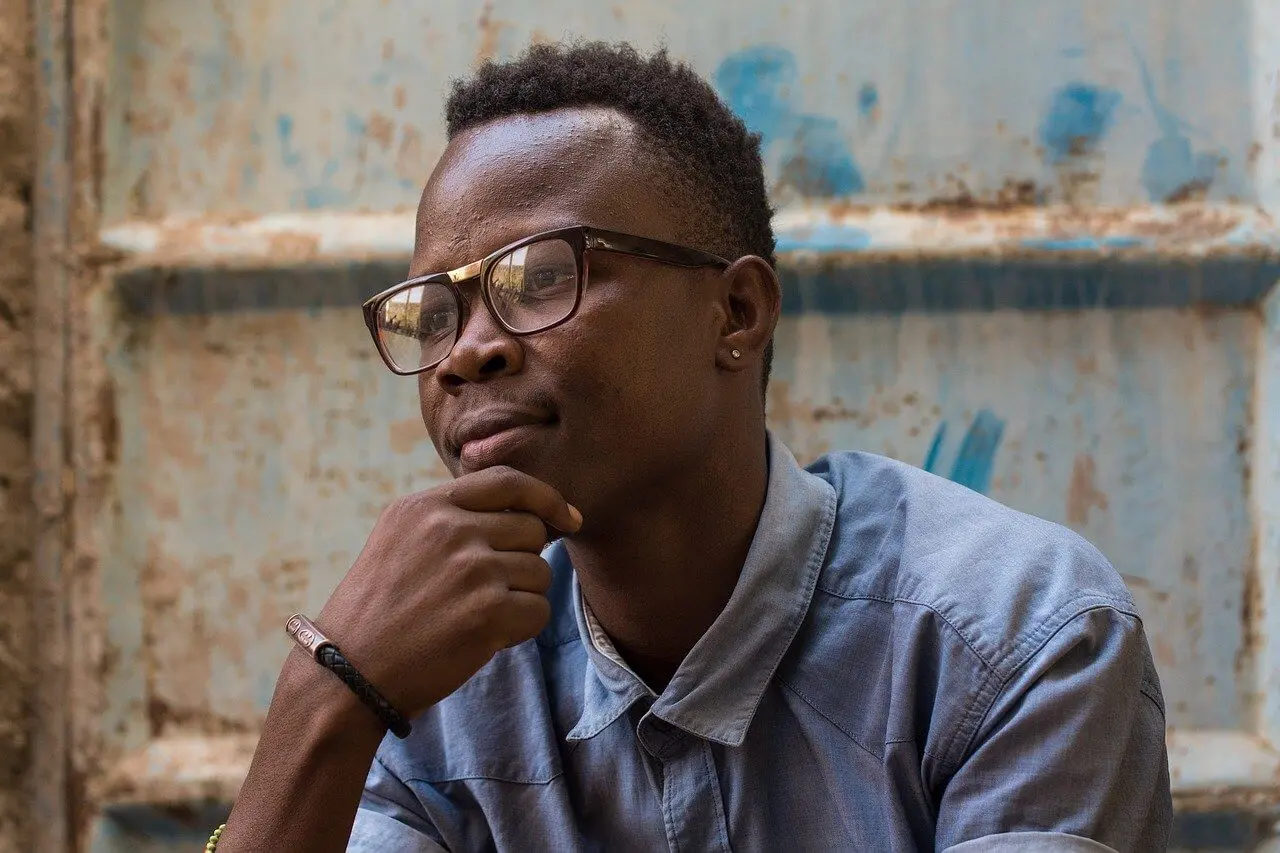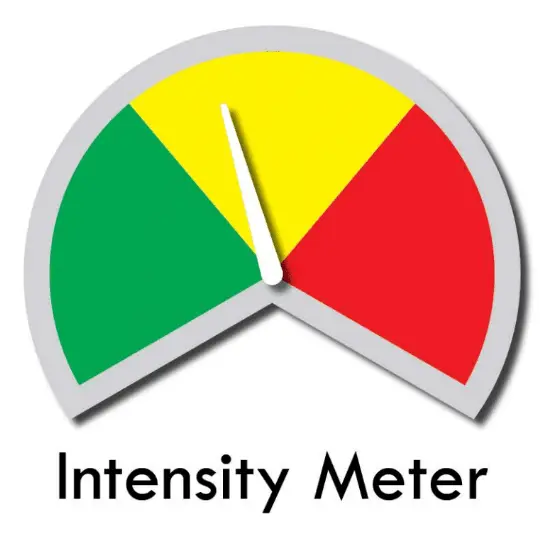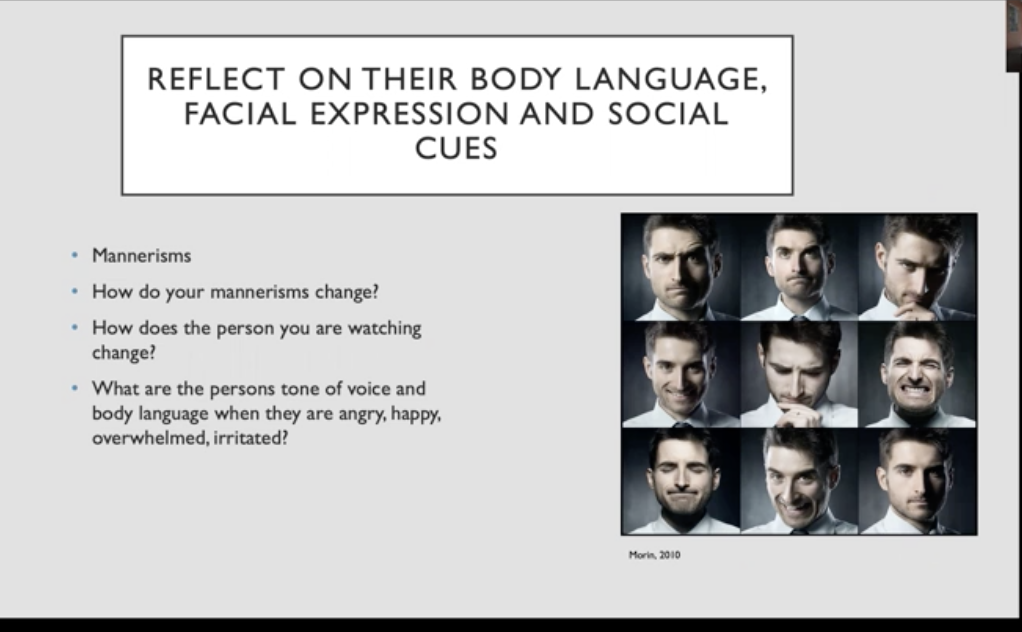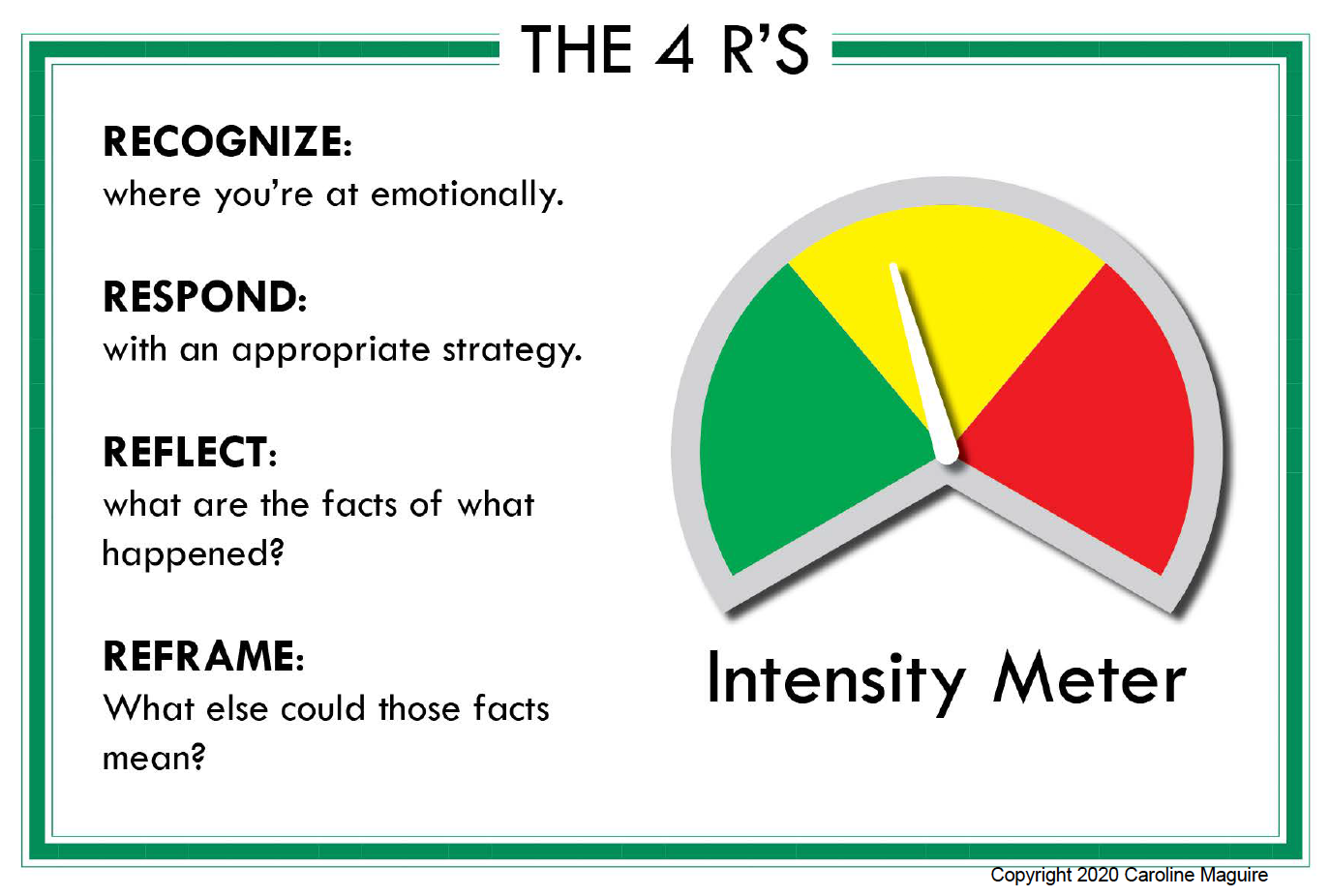How Rejection Sensitivity Affects Friendships and Personal Relationships
Trust and deep friendships are the byproduct of being close, connected, and feeling and supported by someone special in your life. When you have this kind of connection, you feel like you deeply knowing someone, while also feeling deeply known by the other.
This experience is deeply meaningful to people’s lives at any age and, unfortunately, is adversely affected when you don’t have mutual trust, caring, vulnerability and acceptance.
Anyone who has had negative experiences with friends, loved ones, intimate partners or other important people in their lives where trust has been hard to maintain, rejection sensitivity can occur.

What Is Rejection Sensitivity?
Rejection Sensitivity is experienced when you feel innocuous social cues as outright rejection. This can lead to an increase in sensitivity to rejection triggers (such as believing when someone doesn’t return a text quickly that it means they dislike you or dislike your text) and lead to greater fight/flight or freeze responses. All of which makes sustaining friendships and romantic relationships hard.
Why Social Skills Are The Antidote To Rejection Sensitivity
When you learn how to make friends and maintain healthy friendships and relationships over time, you also learn how to judge social cues more accurately, leading to less worry or anxiety about being rejected.
Overcoming rejection sensitivity takes time, but skills like “learning to read the room” and understanding body language are incredibly helpful for accelerating your healing.
How Intense Does it Feel?
When you experience Rejection Sensitivity, you have a heightened reaction to a real, perceived or even anticipated event, person or situation. This reaction feels all-consuming and mammoth inside you and it’s crushing – even crippling!
To help calm your body and brain when experiencing intense feelings, I have invented the Intensity Meter. In order to address the reaction, you must first figure out How Intense Does It Feel?




